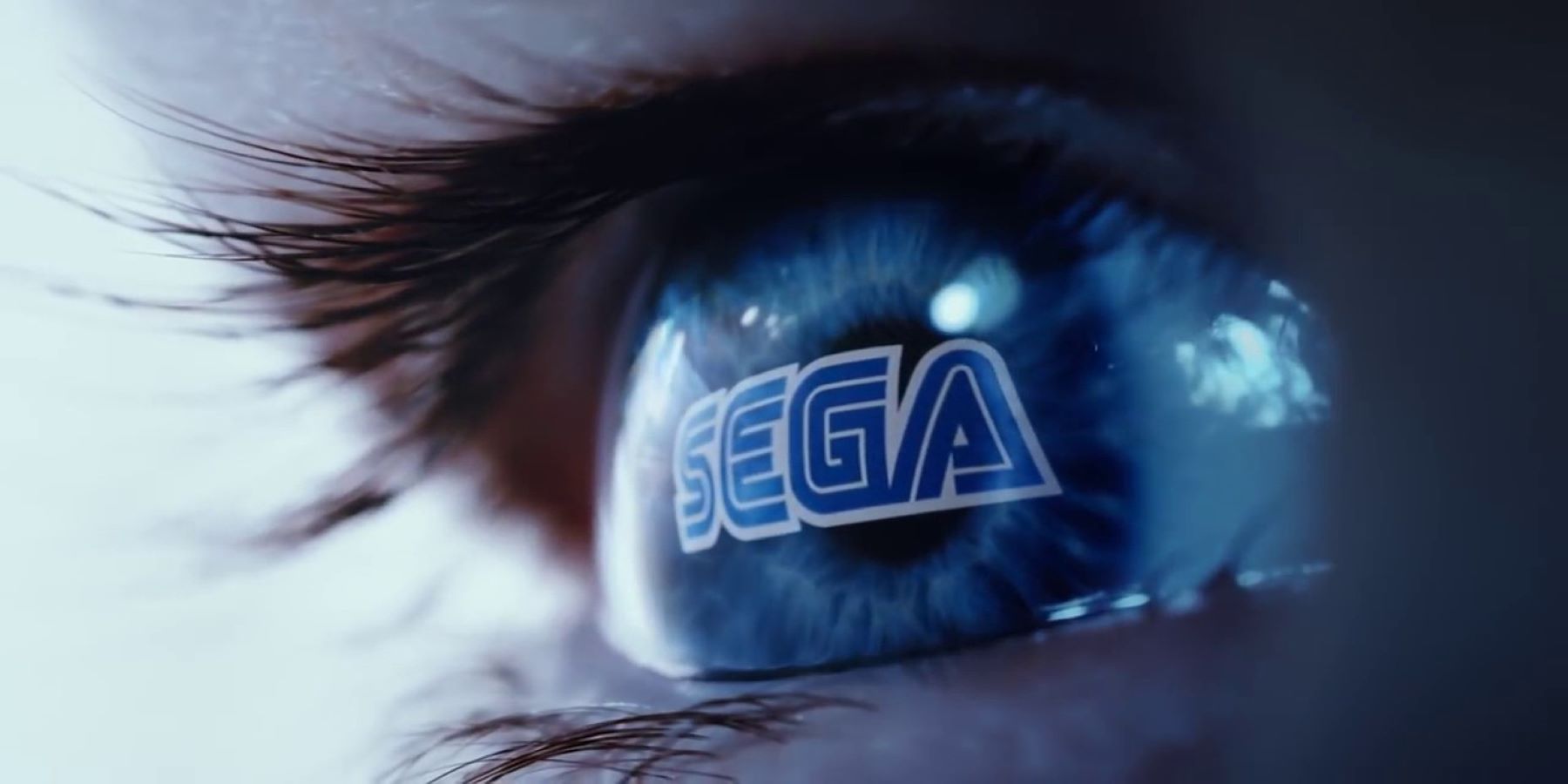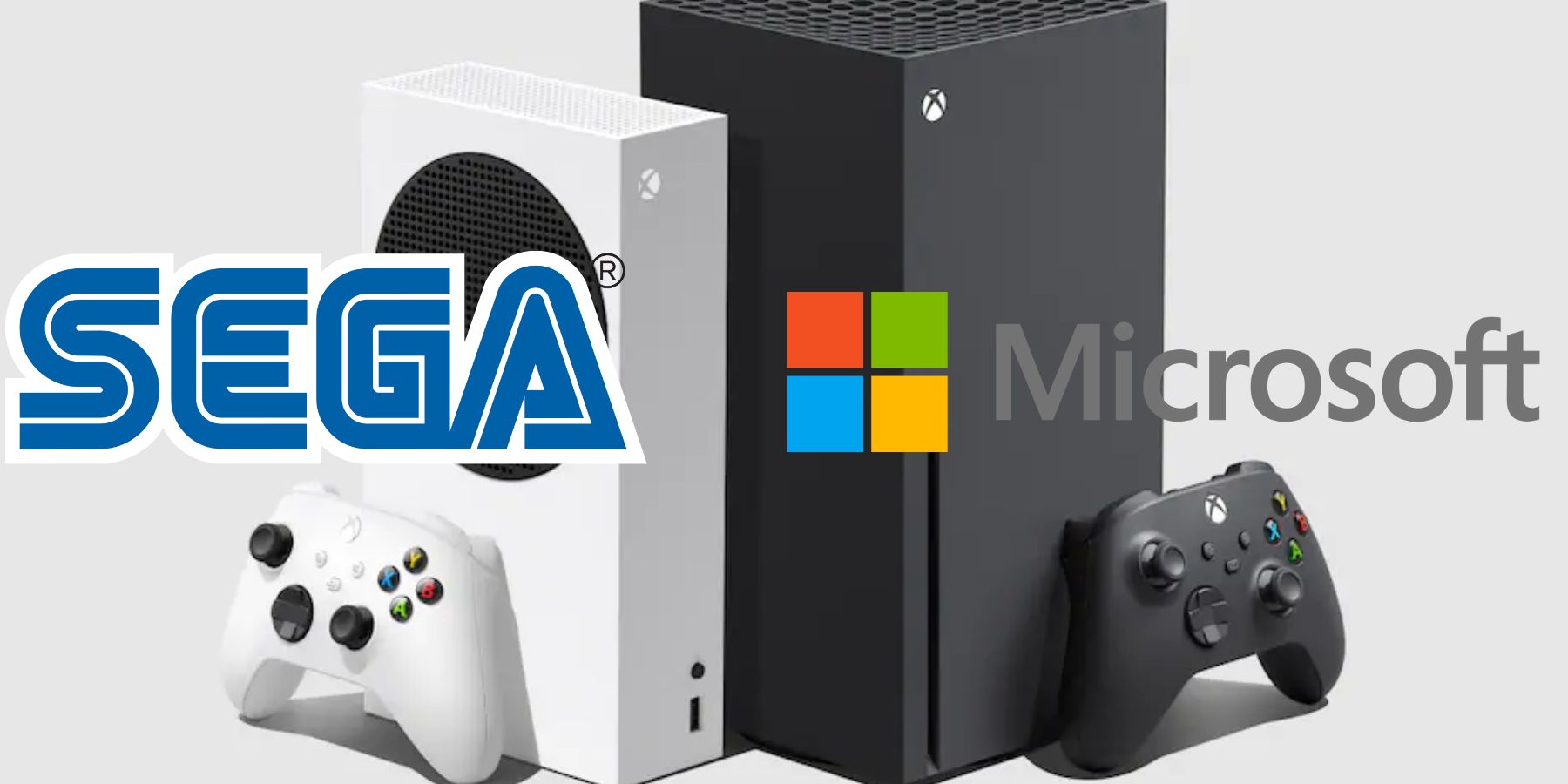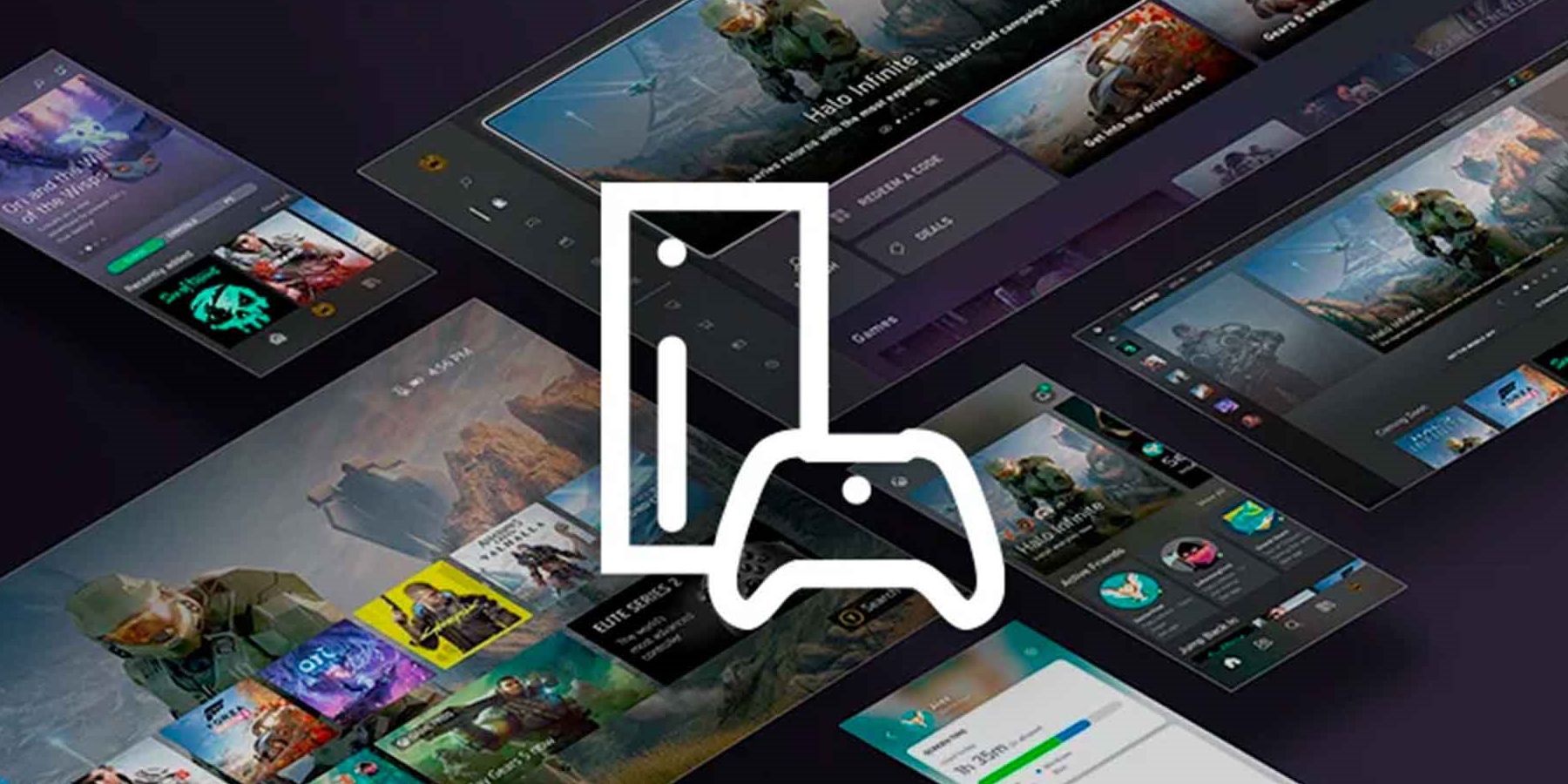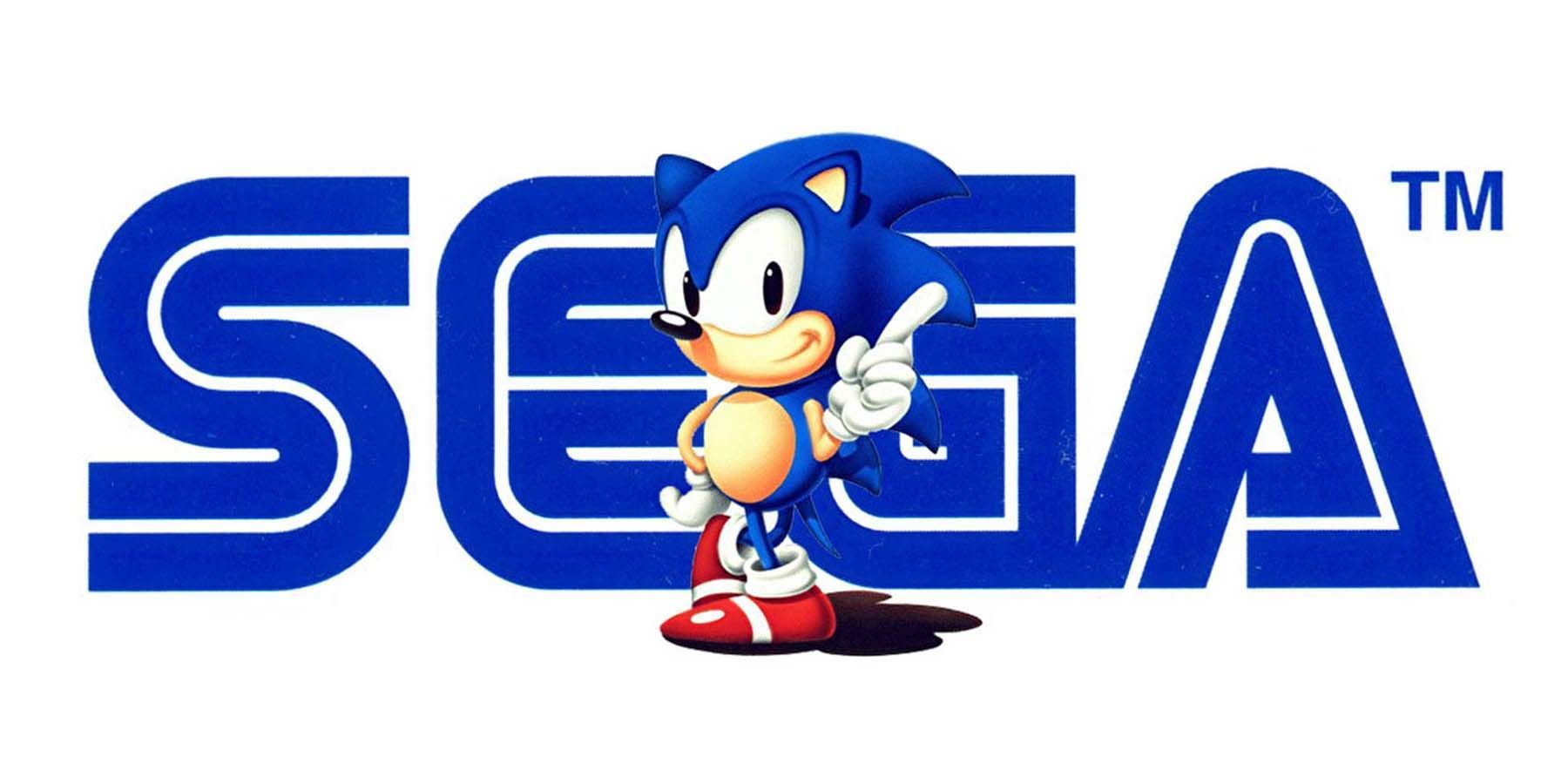Sega and Microsoft have both left major impacts on the video game industry. Sega has produced tons of memorable video games and game consoles, establishing a massive presence thanks to Sonic the Hedgehog and the Sega Genesis, then continuing to flourish through beloved franchises like Yakuza, Bayonetta, Persona, and many more. Microsoft, meanwhile, has cemented itself as a pillar of the industry through the Xbox consoles and a variety of game development companies working until the Xbox Game Studios banner. Now, these two companies are coming together to explore the next technological steps that the game industry might take, potentially changing the course of game development everywhere.
Sega recently announced a partnership with Microsoft that aims to explore cloud gaming. While the industry at large is no stranger to cloud gaming—years ago, Google's Stadia console provoked tons of cloud-centric conversations—the deal between Sega and Microsoft could be a significant step forward. It seems that Sega not only sees cloud gaming as a viable platform for its future products but that it sees rich potential for game design within the cloud space. Although the results of the Microsoft-Sega partnership might not see the light of day for years, a lot of interesting things could come of the deal.
The Core Facets of the Microsoft-Sega Partnership
A brief statement on Sega's website provides some insight into the origins of the partnership and why Sega is making this move. It seems Sega's interest in cloud gaming stems from an internal initiative referred to as "Super Game," which aims to make creative new games through new technology. Aside from a few keywords leading Sega's Super Game initiative, there's not much clarity on what kinds of games Sega wants to make, but it clearly wants to push its own boundaries through cloud technology and come up with something that'll surprise fans.
Aside from its Super Game initiative, Sega cites improving technology as a motivating factor for teaming up with Microsoft. It states that the growing use of cloud technology and the introduction of broadband 5G technology make cloud gaming more viable than ever, especially in a game industry full of digitally interconnected video game fans. Mentioning 5G by name suggests Sega could be looking into mobile gaming as well as cloud gaming on consoles, opening up another spectrum of possibilities for Super Game. Of course, Sega will need access to suitable cloud service expertise to move forward with these plans, which is where Microsoft comes in.
Since 2008, Microsoft has owned and operated a cloud program called Microsoft Azure. It's hard to summarize Azure because it offers a huge variety of services, from cloud storage and information transfer to AI machine learning to blockchain functionality. At its core, though, Azure is all about cloud computing, providing hosting and software infrastructure for Microsoft's clients. Between Azure's many tools and Microsoft's own experience working on Xbox Cloud Gaming, Microsoft seems like a perfect partner for Sega's foray into cloud technology, providing all the knowledge and tech Sega could ask for.
What Could Sega and Microsoft Produce?
Of course, with this deal in place, the biggest question is what exactly Sega and Microsoft plan to make together. The keywords tied to the Super Game initiative offer the best clues. "Global," "Online," "Community," and "IP utilization" are supposedly the initiative's driving concepts. IP utilization is the clearest of the four, suggesting that Sega wants to create experimental new entries in its known franchises, rather than making totally new IPs for cloud gaming. The others are pretty vague, but suggest anything from MMO Sega games to single-player games with huge internal social networks are on the table, as long as there are digital community aspects that unite Sega fans everywhere.
Sega and Microsoft's announcement comes with a couple of statements from notable people in both companies. Sega president and COO Yukio Sugino emphasizes this partnership's potential to enhance Sega game development and give the company a foot in the door of next-generation gaming. Sugino notably mentions that Sega's aim is to create content that Sega fans everywhere can enjoy, emphasizing the global aspect of the mysterious Super Game initiative. Sega seems determined to make cloud gaming work in every market, in spite of the potential shortcomings of cloud tech.
The other statement comes from Sarah Bond, a corporate vice president at Microsoft who's been a major influence on Xbox gaming in recent years. Bond focuses on cloud technology's potential to completely change the way that games are developed, rather than simply the way they're accessed. There's no doubt that video games built specifically with cloud gaming in mind will look different from predecessors; these games will highlight the importance of the Internet and cooperation between developers and cloud service providers. If Sega and Microsoft's experiments are successful, then it could change the way that other developers look at cloud services.
Microsoft and Sega's New Direction
In a way, the Sega-Microsoft deal is no surprise. Rumors about Microsoft acquiring Sega for Xbox Game Studios have come and gone for a long time, but nothing concrete has ever surfaced. Microsoft even wholly denied the rumors in 2020. Still, collaboration on a Minecraft crossover with Sonic the Hedgehog and similar positive exchanges between the two studios indicate a pretty amicable relationship. This cloud gaming deal is just the culmination of Sega and Microsoft running into each other time and again, finally agreeing to work on something long-term that interests both companies.
It remains to be seen if Sega's positive attitude about cloud gaming is justified. Even as 5G rolls out internationally, cloud gaming has a mixed reputation, with some fearing that the service is far too taxing on Internet services to be practical. Still, the convenience of streaming games directly into one's home is undeniable. If Sega and Microsoft can find ways to streamline cloud gaming and use its digital structure to add new mechanics and ideas to games, then maybe the cloud could become a central facet of new games after all. Since the deal was only just announced, fans will probably have to stay patient for a couple of years, waiting for more concrete news like game reveals. Sega and Microsoft's cloud gaming adventure has only just begun.




